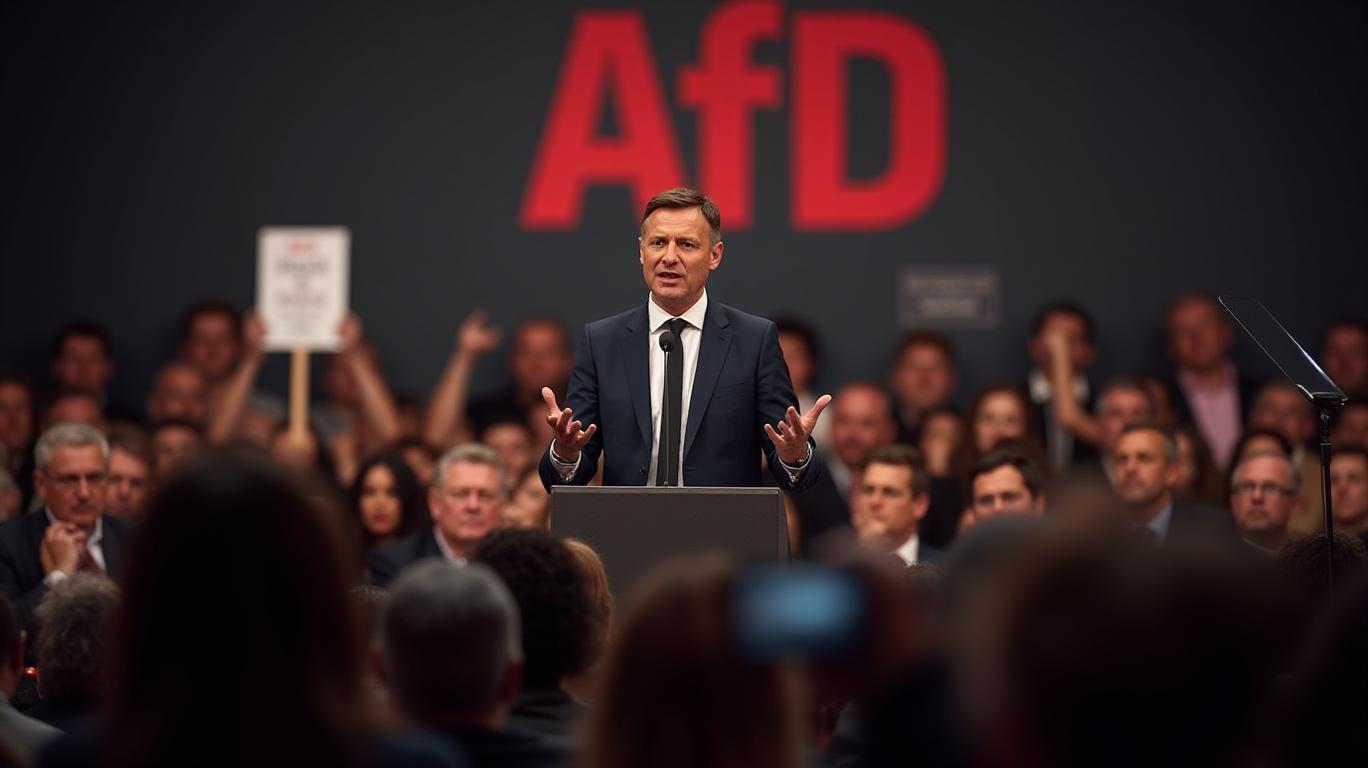AfD's Radical Euro Exit and Bitcoin Deregulation Proposals Spark German Election Debate
Germany's Alternative for Germany (AfD) party has made headlines ahead of the country's upcoming parliamentary election on February 23, proposing a radical shift in the nation's economic and financial policies. The far-right party has called for Germany to exit the euro currency bloc and reinstate the Deutsche mark, backed by gold reserves, a position that stands in stark contrast to the widespread public and business support for the euro. Additionally, the AfD has proposed extensive deregulation of Bitcoin, wallets, and trading, differing from the cautious stance of financial regulators.
The AfD's proposals come as other major parties, such as the Christian Democratic Union (CDU), Christian Social Union (CSU), Social Democratic Party (SPD), and Greens, focus on financial stability, tax reforms, and market regulation. The AfD's call for Germany to repatriate its gold reserves held abroad also highlights the party's eurosceptic stance and desire for greater national control over the country's financial assets.
The AfD's proposals on cryptocurrency and cash payments are particularly notable. The party seeks to deregulate Bitcoin and other cryptocurrencies, allowing for greater freedom in their use and trading. This approach differs from the cautious stance of financial regulators, who have expressed concerns about the risks associated with cryptocurrencies, such as market volatility and potential for fraud. The AfD also opposes the introduction of a digital euro, which the European Central Bank is currently developing, and seeks to enshrine cash payments as a constitutional right, ensuring their continued use in daily transactions.
The AfD's proposals have sparked debate and controversy in the lead-up to the election. While some supporters argue that the party's radical stance on economic and financial issues offers a much-needed alternative to the status quo, critics contend that the proposals are impractical and could have serious negative consequences for the German economy. As the election approaches, it remains to be seen whether the AfD's proposals will gain traction with voters or remain a fringe position in the country's political landscape.

Quickly understand the history and background of various well-known coins
Latest Articles
Stay ahead of the market.
Get curated U.S. market news, insights and key dates delivered to your inbox.



Comments
No comments yet